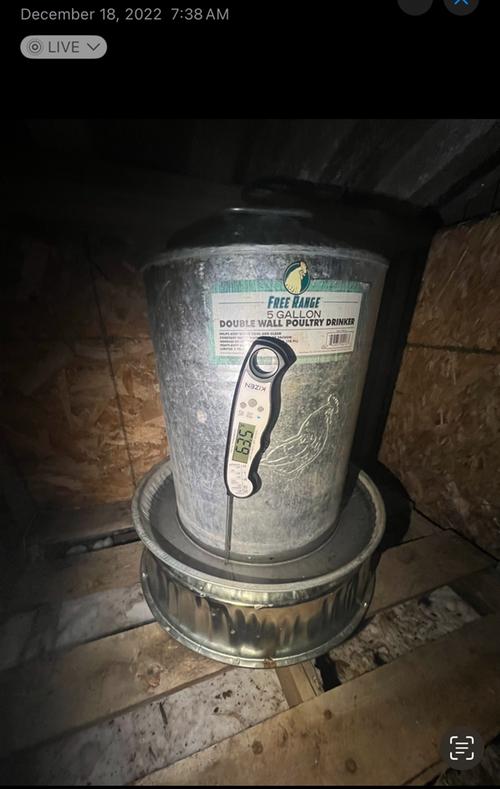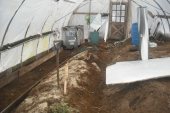
 4
4




 7
7





 7
7




- Tim's Homestead Journal - Purchase a copy of Building a Better World in Your Backyard - Purchase 6 Decks of Permaculture Cards -
- Purchase 12x Decks of Permaculture Cards - Purchase a copy of the SKIP Book - Purchase 12x copies of Building a Better World in your Backyard
 7
7




 5
5




 4
4





 5
5




Working toward a permaculture-strong retirement near sunny Sperling.
 6
6




Kimi BrownKawa
https://www.brownkawa.com
 5
5




Sam Shade wrote:(winter lows are usually around 10 degrees F here)
I'm willing to try greenhousing if it's not to pricy to put in place
William Bronson wrote:Oh no, I wouldn't use [aquarium heaters] outside of water.
[...]
We do use an aquarium heater in a vacuum insulated dog bowl, to keep water unfrozen for the chickens.


 4
4




Best luck: satisfaction
Greatest curse, greed

